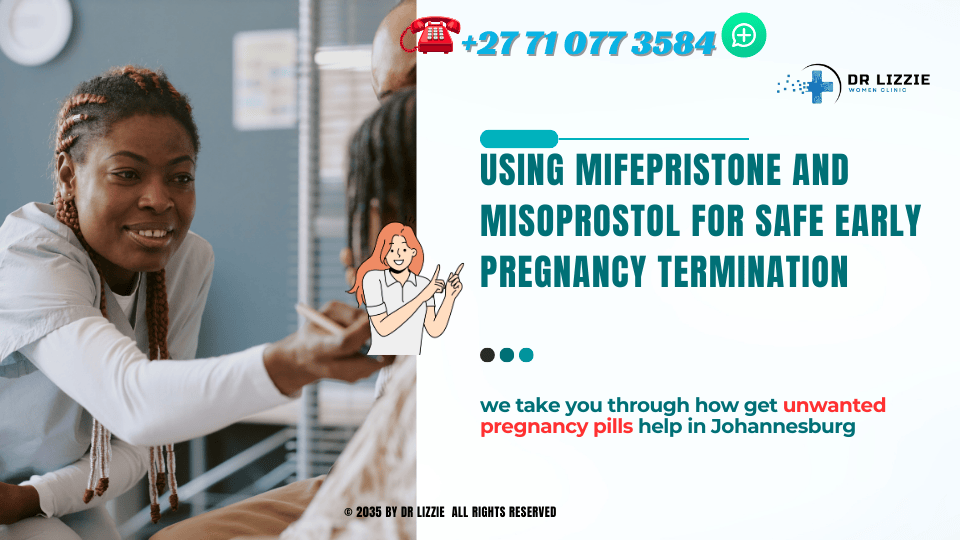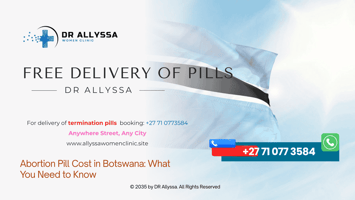Navigating the complex landscape of abortion services in Botswana can be daunting, but...
Safe and Legal Abortion Options in Botswana: A Comprehensive Guide

Navigating the available safe abortion methods in Botswana is crucial for making informed healthcare decisions.
Understanding Abortion Laws in Botswana
In Botswana, the legal framework around abortion is defined by the Penal Code. Abortion is permissible under certain conditions, such as when the pregnancy poses a risk to the woman's life or physical health, in cases of rape or incest, or when there is a risk of serious fetal abnormalities. Understanding these laws is essential for women to make informed decisions about their reproductive health and to ensure they are accessing safe and legal services.
Despite these provisions, accessing abortion services can still be challenging due to social stigma and limited availability of services. It is important to consult with a healthcare provider to understand the legal and medical options available.
Medical Abortion: A Safe and Effective Option
Medical abortion involves the use of medication to terminate a pregnancy. This method is generally considered safe and is most effective within the first 9-10 weeks of pregnancy. The two commonly used medications are Mifepristone and Misoprostol. Mifepristone works by blocking the hormone progesterone, which is necessary for pregnancy to continue, while Misoprostol induces contractions to expel the pregnancy.
Medical abortion can often be managed at home with guidance from a healthcare provider, making it a private and less invasive option. It is crucial to have access to follow-up care to ensure the process is complete and to manage any potential side effects, such as bleeding or cramping.
Surgical Abortion: What You Need to Know
Surgical abortion is a procedure performed by a trained healthcare provider in a clinical setting. There are different types of surgical abortions, including Manual Vacuum Aspiration (MVA) and Dilation and Curettage (D&C). These procedures are typically used for pregnancies that are beyond the early weeks or when medical abortion is not suitable.
Surgical abortion is a safe and quick procedure, usually completed within minutes. It involves using suction or surgical instruments to remove the pregnancy tissue from the uterus. The choice of procedure depends on the gestational age and the patient's health. Post-procedure care includes monitoring for complications and providing emotional support.
Accessing Abortion Services: What Are Your Rights?
In Botswana, women have the right to access safe and legal abortion services under the conditions stipulated by the law. It is important to know your rights to ensure you receive appropriate care without facing discrimination or undue barriers. Healthcare providers are required to respect patient confidentiality and provide nonjudgmental care.
If you encounter difficulties accessing abortion services, organizations and advocacy groups can provide support and guidance. It is also advisable to seek out reputable healthcare facilities known for their adherence to legal and medical standards.
Post-Abortion Care and Support
Post-abortion care is crucial for physical and emotional recovery. This includes medical follow-up to ensure there are no complications, such as infection or incomplete abortion. Emotional support through counseling can help address any feelings of anxiety, guilt, or depression that may arise after the procedure.
At Allyssa Women Clinic, we offer comprehensive aftercare services, including contraceptive counseling to help prevent future unintended pregnancies. Our compassionate and supportive staff are dedicated to providing the care and support you need during this time.
.png?width=200&height=65&name=Untitled%20design%20(68).png)

